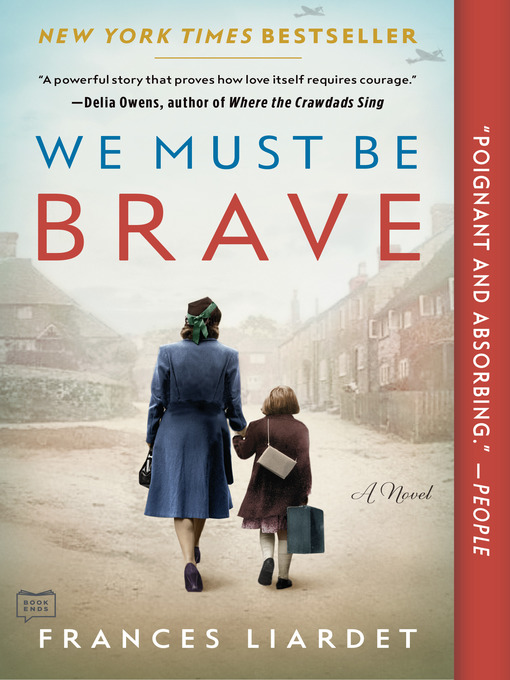

It didn’t take me long, after I first began to create the character of Ellen Parr, to realise that while I was writing about an English village during the Second World War, at its heart, I was writing about loss. I placed her with my grandparents because I know they will look after her until we all meet again. She died just before she was born, a baby who had my hands and feet and her father’s nose. I also cry.įor there is another birthday that I commemorate by visiting a country graveyard in the South of England, the final resting place of my maternal grandparents, on which my first daughter’s ashes are scattered.

But I don’t simply laugh and smile on my daughter’s birthday. I am perfectly sure that all parents love their children inordinately.

Ellen is no stranger to sorrow, but when she returns to the quiet village life she's long lived, she finds herself asking: In a world changed by war, is it fair to wish for an unchanged heart?In the spirit of We Were the Lucky Ones and The Nightingale, here is a novel about courage and kindness, hardship and friendship, and the astonishing power of love.I am blessed by a child who came to me late in life, and I love this daughter of mine, who is now ten years old, inordinately. Then one day Pamela is taken away, screaming. Three golden years pass as the Second World War rages on.

No one knows who little Pamela is.Ellen professed not to want children with her older husband, and when she takes Pamela into her home and rapidly into her heart, she discovers that this is true: Ellen doesn't want children. In the disorderly evacuation of Southampton, England, newly married Ellen Parr finds a small child asleep on the backseat of an empty bus. The war that changed everything.December 1940. Beyond distance, beyond time, beyond life itself.One woman. Spanning the sweep of the twentieth century, We Must Be Brave explores the fierce love that we feel for our children and the power of that love to endure.


 0 kommentar(er)
0 kommentar(er)
